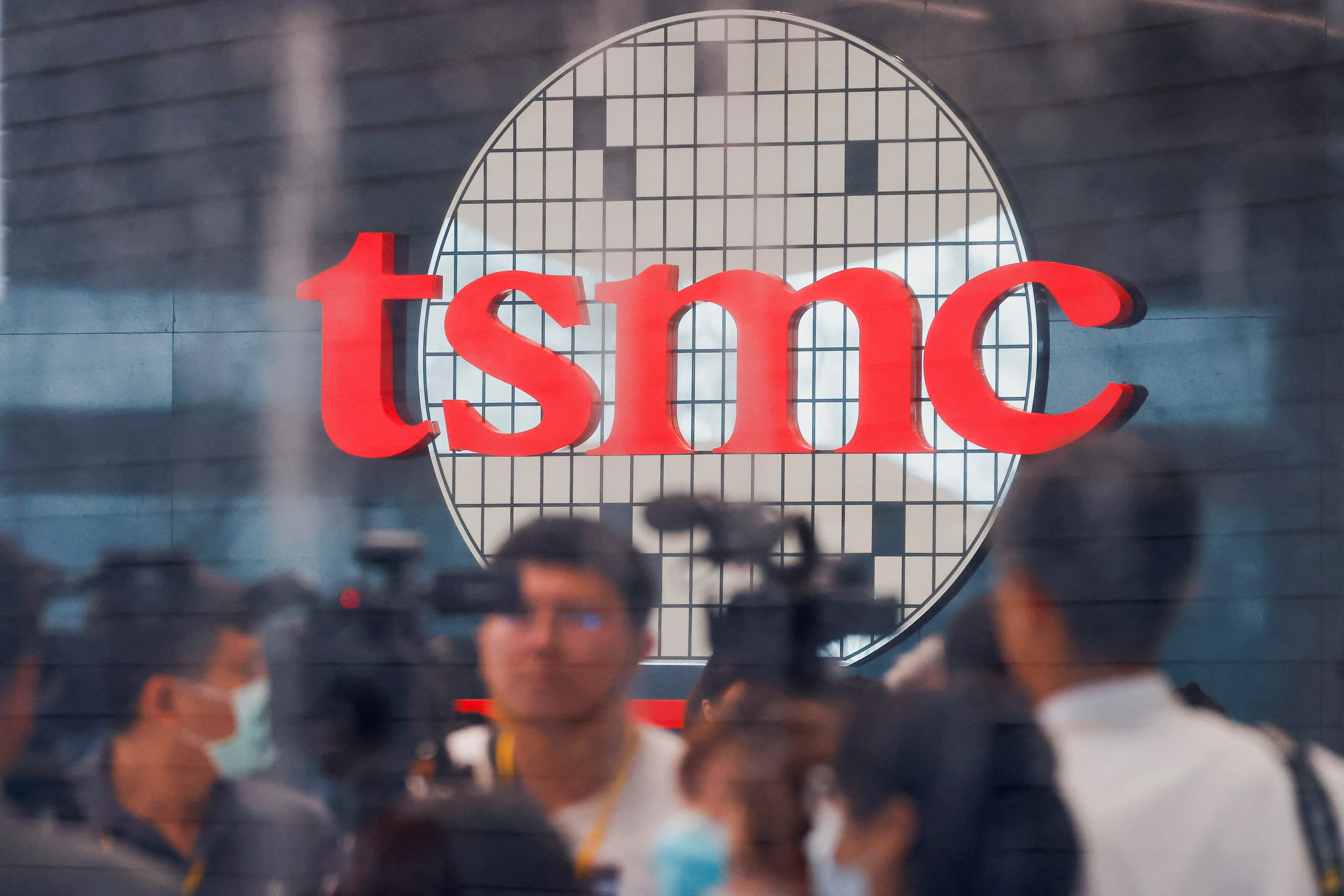In a recent interview with The New York Times, Liu Deyin, Chairman of Taiwan Semiconductor Manufacturing Company (TSMC), emphasized the company's commitment to its local strategy and the challenges involved in relocating cutting-edge technology to other countries. TSMC's focus on maintaining its technological leadership within Taiwan carries significant implications for the global semiconductor industry and reflects the complexities of such a decision amidst geopolitical and economic pressures.

TSMC's local strategy has been instrumental in its rise to prominence as the world's leading microchip manufacturer. Over four decades, the company has fostered an ecosystem of talent, including engineers, researchers, technicians, and production workers, creating an environment conducive to innovation and technological breakthroughs. Liu Deyin highlighted the collaborative effort involved in developing each generation of chip technology, which is difficult to replicate elsewhere.
One of the main challenges TSMC faces is relocating its most advanced technology overseas. While the company has embarked on global expansion with plants under construction in the United States, Japan, and possibly Germany, Liu Deyin emphasized the inherent difficulties in reproducing TSMC's achievements outside of Taiwan. The intricate network of expertise, infrastructure, and research collaboration established over decades cannot be seamlessly transferred, especially for the production of cutting-edge chips.
TSMC's decision to maintain its technological leadership within Taiwan intersects with the complex geopolitics of the semiconductor industry. As the United States invests heavily in bolstering its semiconductor sector, the significance of TSMC's technological stronghold is magnified. The company's presence in Taiwan not only solidifies its position as a global leader but also shapes technology supply chains and international relations.
Liu Deyin's regular interactions with U.S. officials, Congress, and diplomatic circles highlight TSMC's role as both a technological powerhouse and a diplomatic entity. The company's connections with U.S.-based companies and its contribution to global supply chains emphasize its significance beyond technology. Striking a balance between maintaining technological leadership and nurturing international relationships presents a multifaceted challenge for TSMC.
TSMC's commitment to its local strategy has significant implications for the semiconductor industry. While the company's global expansion aims to address concerns about reliance on Taiwan-made chips, Liu Deyin's statements underscore the complex nature of cutting-edge chip production. As geopolitical tensions and economic pressures persist, TSMC's role in shaping the future of the semiconductor landscape remains pivotal.
Liu Deyin's interview sheds light on TSMC's unwavering dedication to its local strategy and the challenges involved in relocating cutting-edge chip technology overseas. The company's journey from its inception to becoming the world's leading microchip manufacturer highlights the value of long-term investment in talent, research, and infrastructure. As TSMC navigates the complexities of global expansion and geopolitics, its decisions will continue to influence the trajectory of the semiconductor industry and redefine the boundaries of technological leadership on the global stage.







